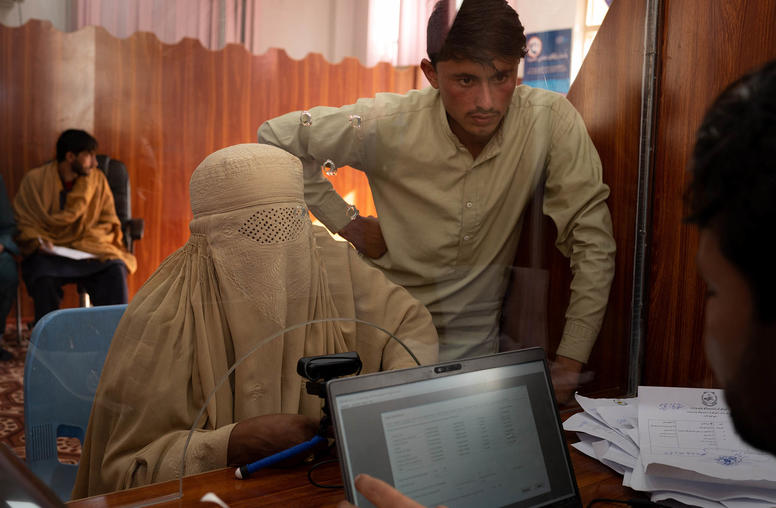Since taking power in 2021, the Taliban have imposed their own interpretation of Islamic law onto the people of Afghanistan and consistently rolled back human rights protections — especially for women and girls — all while the country struggles to recover from decades of conflict and economic crisis. USIP spoke with Fatima Gailani, the former president of the Afghan Red Crescent Society, about the various ways Afghans can put pressure on the Taliban to reclaim their rights and demand a better future.



